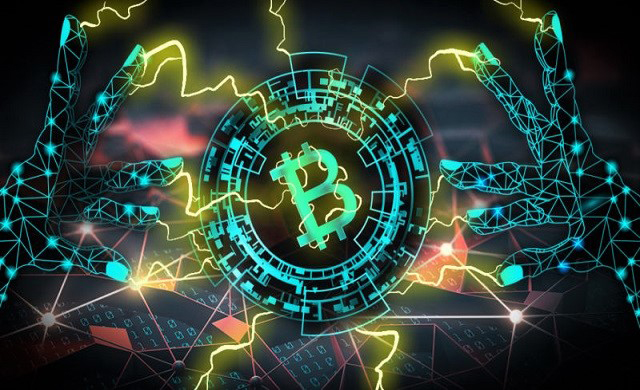This week it became known that miners have extracted 90% of the total amount of bitcoins. To be more precise, out of the 21 million bitcoins users have access to more than 18.9 million BTC. It is estimated that it will take 119 years to extract the remaining 2.1 million BTC.

In this context, two questions arise: will the mining process accelerate with the emergence of quantum computers, and what will happen to the price of the digital asset in the near future? Starting from the end, many “cryptonians” believe that a reduction in the number of coins available for mining will necessarily lead to an increase in the value of the coin. The only problem with this theory is that, so far, no one has paid much attention to the percentage of mined and “illiquid” coins. However, analysts at Fidelity suggest that BTC could approach the $1 million level by 2024, and the founder of Ark Invest predicts that the price of the leading cryptocurrency will rise to $550,000. Well, only time will tell who was right. In the meantime, the cryptocurrency market has not been behaving well lately: just yesterday the price of BTC fell 6%. When should we expect a pullback? Given the high level of speculation, a major digital asset can go up or down at any time.
Speaking of quantum computers, on the one hand, it is true that they process information about 100 trillion times faster than a traditional computer. On the other hand, it is assumed that, due to the nature of the SHA-256 hashing algorithm, bitcoin mining with of quantum computers will not be as efficient as with modern ASICs. In addition, it must be understood that quantum computers, firstly, are not cheap and, secondly, they are difficult to use. So as of today we could say that quantum computers will not drastically affect the mining process.

 Hot Features
Hot Features












